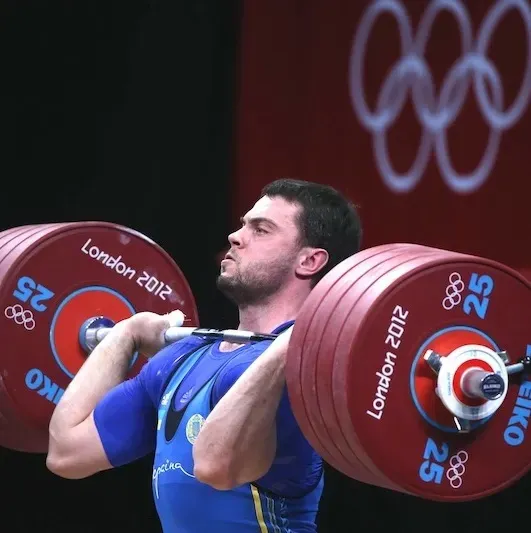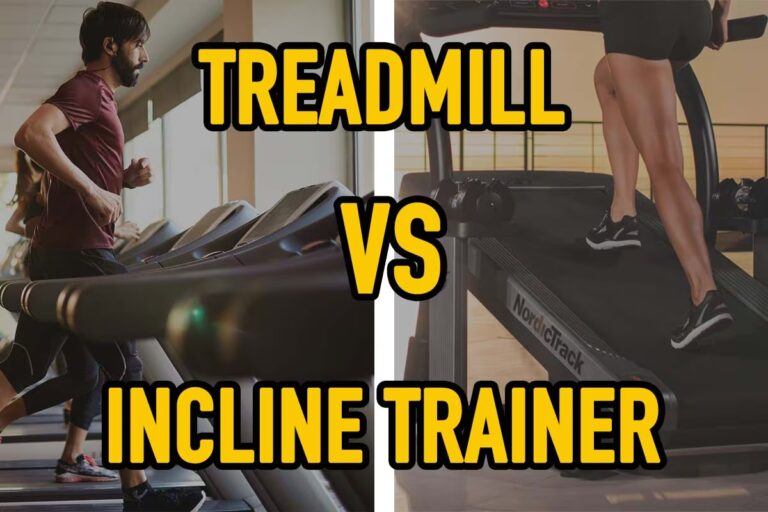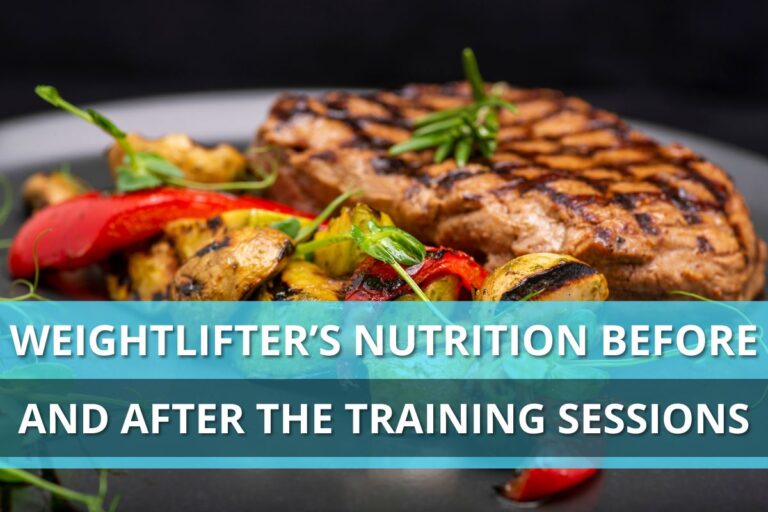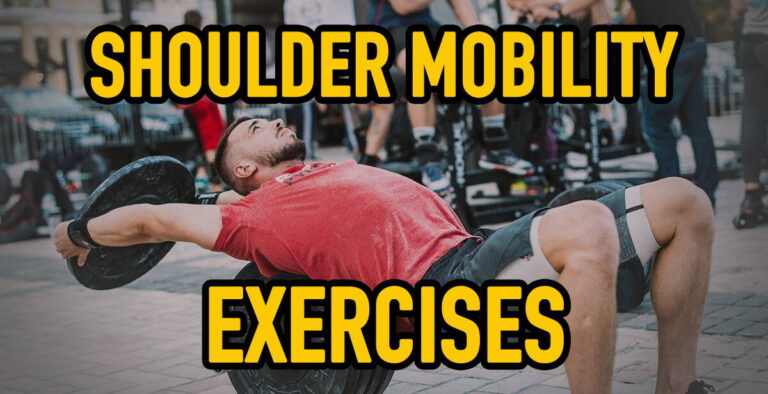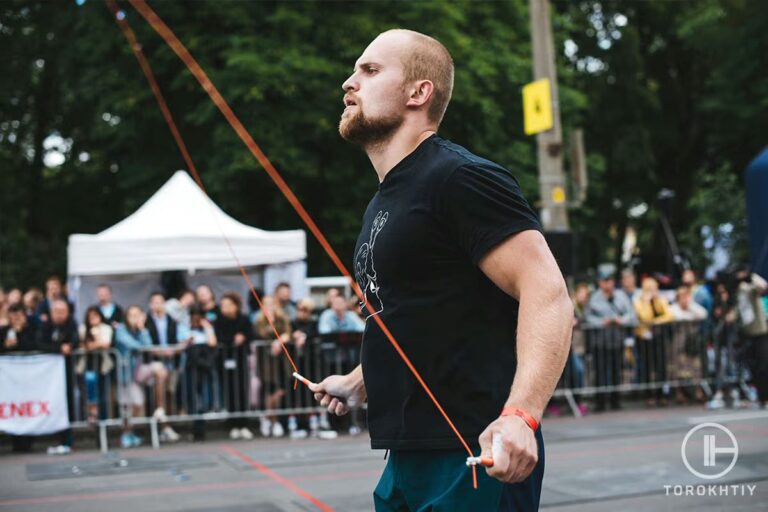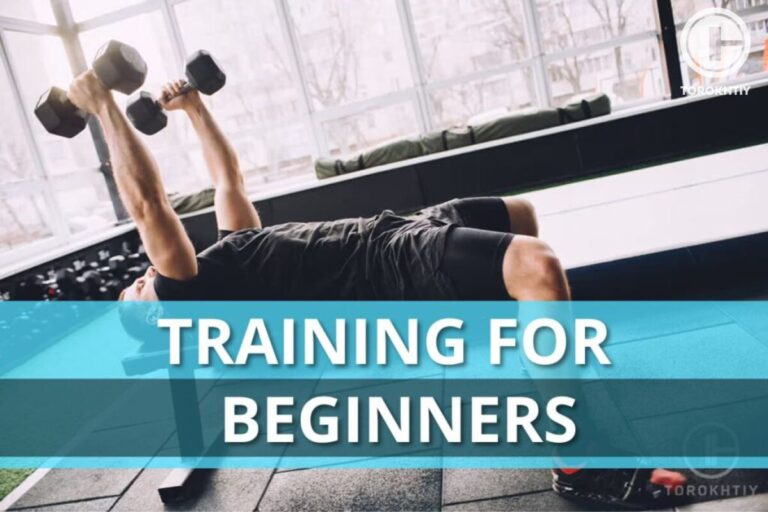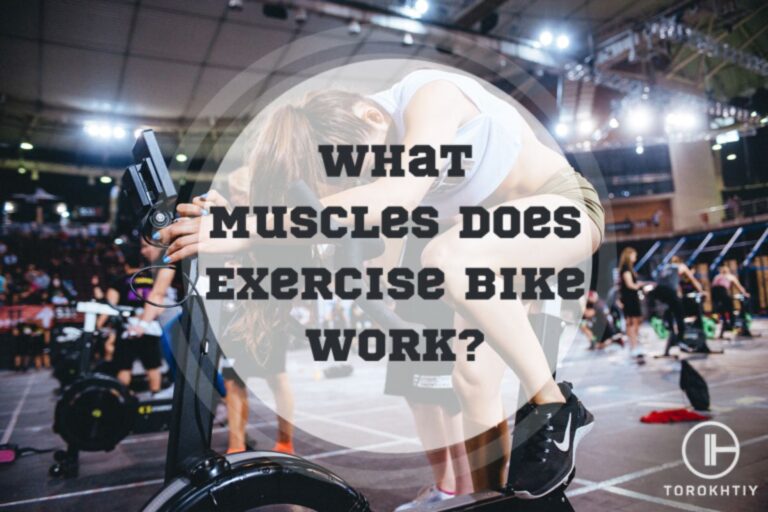Deadlift Hook Grip: Why You Should Use It
Grip can be a limiting factor when performing lifts, and can cause muscular imbalances and injuries. In order to solve these problems, a hook grip can be utilized, which not only is safer, but can help you lift heavier weights.
A deadlift hook grip helps prevent muscular imbalances, which can result from a mixed grip, and addresses grip weaknesses of an overhand grip position. When performed correctly, a hook grip will result in a stronger, stable, and safer pull.
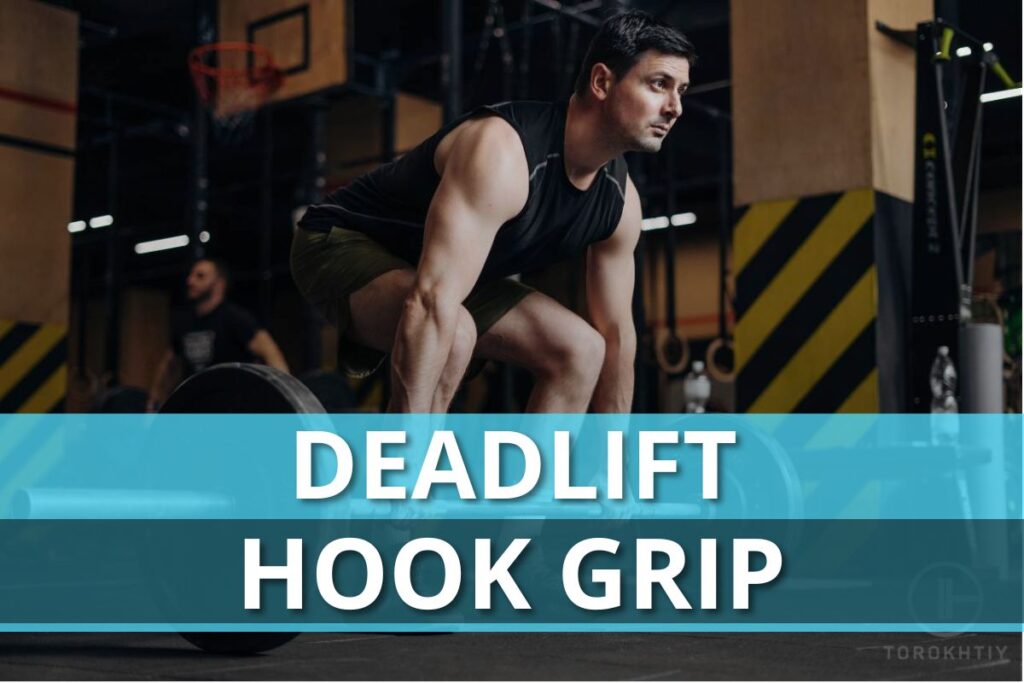
What Is Hook Grip
Hook grip is one of many variations of gripping a barbell. With a hook grip, the palms are facing downward and the thumb is in between the bar and the first and second fingers of the lifter. A common misunderstanding with hook grip is simply thinking of the thumb as being trapped between the barbell and finger, when in actuality, the thumb is wrapped around the bar, giving you a secure grip.
One way of thinking about it is that the thumb is grabbing the barbell while your fingers are then grabbing a hold of your thumb. Some lifters may find this position to be more secure, as it is easier to keep a tight hold on your thumb with your fingers compared to trying to hold tightly a smooth bar with your fingers.
Certain lifts, such as the snatch and the clean, require this grip for safety while other lifts are more of a choice and matter of comfortability and security.
Is Hook Grip Good For Deadlift?
Hook Grip Addressed Muscle Imbalances
A hook grip for deadlifts reduces the chances of muscular imbalances. With a hook grip, your arms from your shoulders to your elbows to your wrists are facing the same direction, so, when you pull, both sides of your body are using the same muscles. This results in an equal distribution of force and workload throughout your body. While, other grips activate different muscle groups, resulting in muscular imbalances in areas like the shoulders, lats, and lower back.
Hook Grip Provide Better Bar Control
With a hook grip, you are applying pressure on both sides of the barbell, as the thumb is secured underneath the bar, while on top, you have your palm and fingers holding the bar firmly. The bar is more stable this way and has less room to move back and forth as you lift.
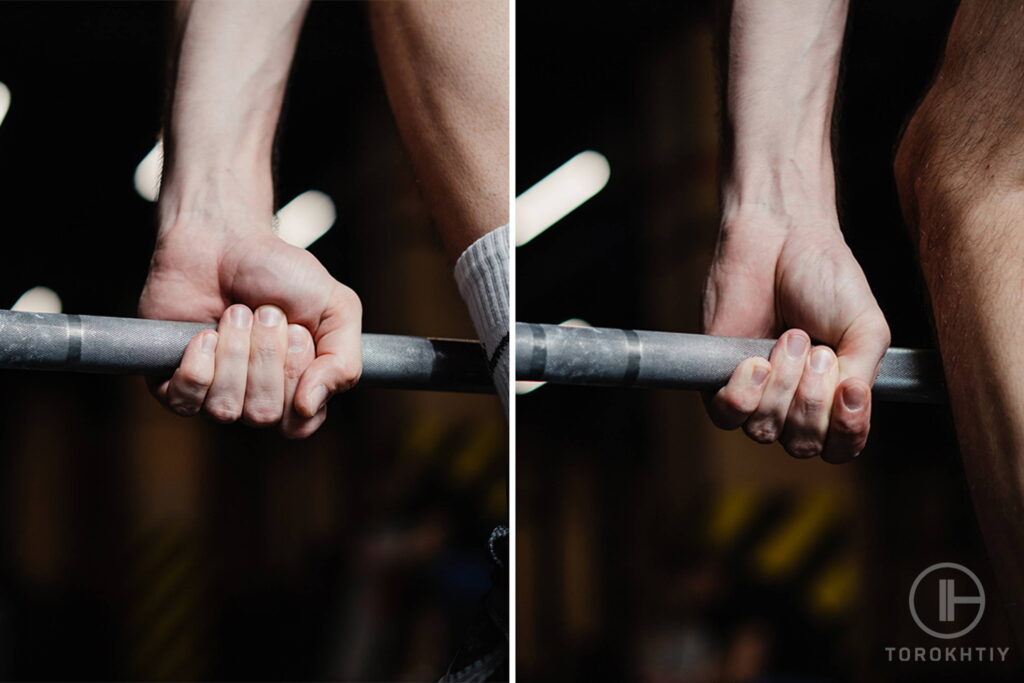
Easier To Focus On The Lift
With deadlifts, a weak grip can result in you lifting less weight. But, a hook grip for deadlifts gives you a more secure hold on the bar, and can focus on other cues and techniques, in order to lift maximal weight. Many lifters even feel as if they can sit back into a proper deadlifting position easier with the hook grip because they are not worried about squeezing the bar as tightly.
Hook Grip Compared To Overhand Grip
- Overhand grip relies too heavily on grip strength compared to a hook grip.
- The bar has a higher chance of slipping when performing explosive movements such as the snatch or the clean with an overhand grip compared to a hook grip.
- The bar is less secure and can cause the bar to spin as you lift, unlike the hook grip, where the thumb prevents it.
Hook Grip Compared To Mixed Grip
- A mixed grip can result in muscular imbalances, which the hook grip addresses.
- Cannot perform complex moments with the mixed grip, such as Olympic weightlifting, which you can with a hook grip.
- Higher chance of injuries such as bicep tears with a mixed grip, because of the supinated nature of one of the arms, compared to a hook grip.
Who Will Benefit From Hook Grip The Most
Hook grip is most beneficial for strength athletes who regularly lift above 80% of their one rep max, and also practice heavy singles for competitions or personal goals. The reason being that you don’t have to worry about your grip being a limiting factor in your pull like other grips.
Also, if you are trying to correct muscular imbalances, then the hook grip can be beneficial for you in addressing those areas.
What Is Deadlift Hook Grip
- Wrap your thumb around the bar and make sure it is parallel to the barbell. As the name suggests, hook the thumb around the bar.
- Enclose your index and middle finger around your thumb, while the rest of your fingers grip the barbell.
- To reduce discomfort, don’t squeeze over the knuckle of the thumb.
- Sit back, take the slack out of the barbell, and perform a regular deadlift.
Is Hook Grip Safe
A hook grip is safe, but it comes with some pain and discomfort at first. If you’re new to the hook grip, be prepared to feel some pain in your thumb, and a few callous as well. Typically, this results from improper technique. Focus on how to use hook grip for deadlift, so you can address the technical issues.
If you feel a lot of pain, you can place your hand in a bucket of ice water after each session or use elastic tape around your thumb.
Another way to deal with the pain is to simply get used to it. So, use the hook grip throughout your warm-up sessions, which will improve your technique and reduce your discomfort.
Hook Grip Tape
Hook grip tape is a great tool to reduce pain and discomfort as the tape allows you to wrap your thumb further around the bar, allowing your fingers to enclose over without pressing against the knuckle. The tape also keeps your thumb from moving, so it reduces friction and the chances of callousness.
We recommend the WARM BODY COLD MIND 2″ Premium Lifting Thumb Tape because it can easily be torn and applied to your thumb, plus the stretchy material will make sure it fits your hand size perfectly, and protects your thumb and palm. It also has extra adhesive, which gives your thumb more flexibility and security while performing heavy lifts.
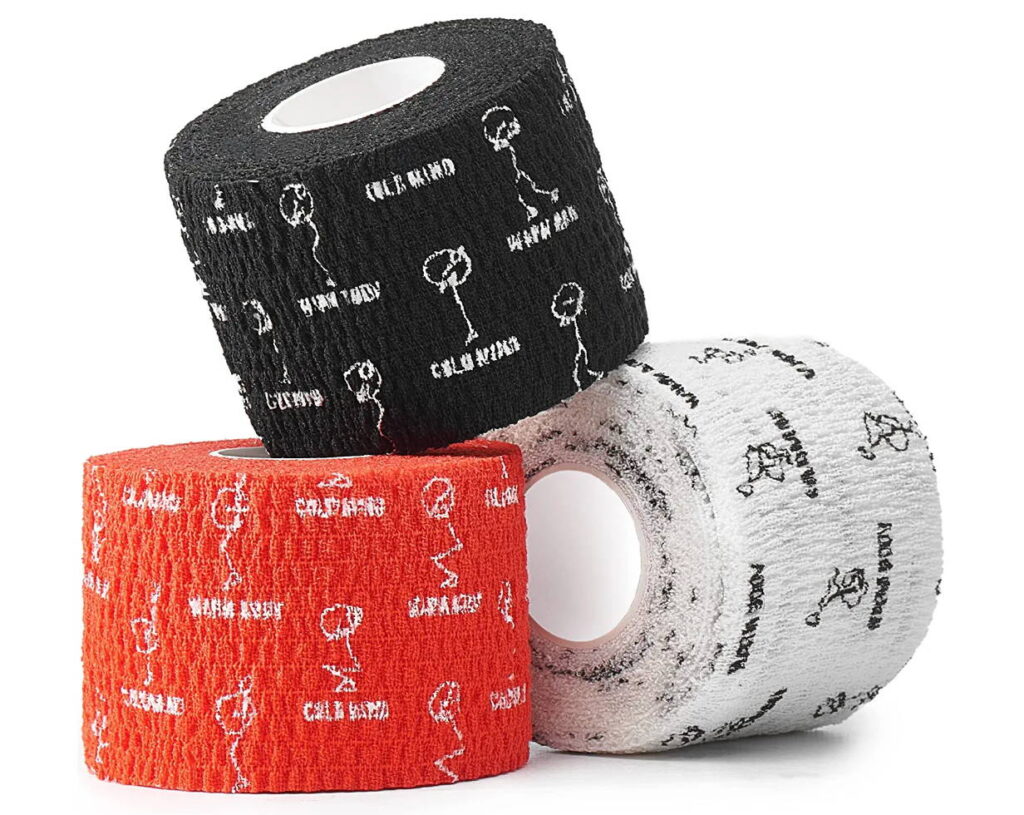
FAQ
How Much Does Hook Grip Add To Deadlift?
A big factor in lifting heavy with the deadlift is being able to fire up all the right muscle groups during the lift. When the grip is weak, it can cause not only for your forearms to give out, but can also take your mind away from other cues.
With a hook grip, you can get into a stronger deadlift position, engaging your glutes, lats and hamstrings, and you don’t have to focus on your grip strength. This will result in higher deadlift numbers.
Is Hook Grip Allowed In Powerlifting?
A hook grip is allowed in powerlifting and is often the main choice of grip with elite lifters, as it provides more security and stability during the lift compared to other types of grips.
Does Hook Grip Hurt?
Yes, the hook grip can cause some pain, but with proper technique improvements, you can reduce most of the pain. After a few weeks of using the hook grip properly, you can get used to the minor level of discomfort left, while enjoying better pulls.
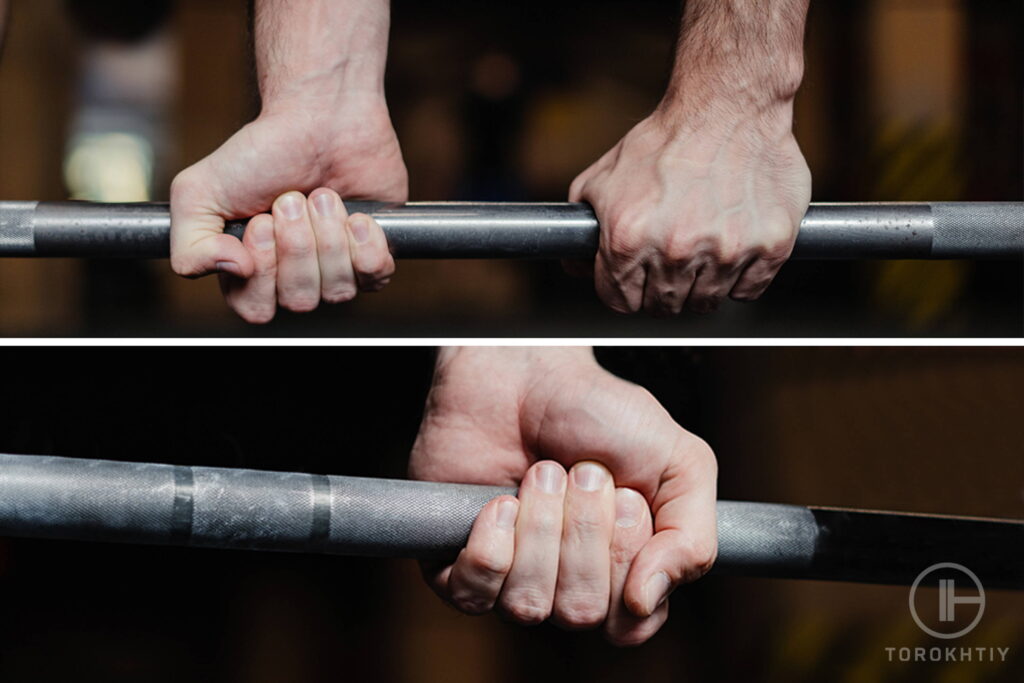
Conclusion
Despite some discomfort, hook grip is a far superior option for deadlifting and lifting in general compared to other grips. A hook grip allows for more control, stability, and a stronger lifting position, which allows for better deadlift numbers.
Also read:
References:
- How to Improve Your Grip Strength // Health Line:
https://www.healthline.com/health/grip-strength - 5 Ways To Grip Your Deadlift Like A Vise // Body Building: https://www.bodybuilding.com/content/5-ways-to-grip-your-deadlift-like-a-vise.html
Why Trust Us?
With over 20 years in Olympic Weightlifting, our team does its best to provide the audience with ultimate support and meet the needs and requirements of advanced athletes and professional lifters, as well as people who strive to open new opportunities and develop their physical capabilities with us.
By trusting the recommendations of our certified experts in coaching, nutrition, dietology, and sports training programming, as well as scientific consultants, and physiotherapists, we provide you with thorough, well-considered, and scientifically proven content. All the information given in the articles concerning workout programming, separate exercises, and athletic performance, in general, is based on verified data. We ensure that you can rely on our professionals’ pieces of advice and recommendations that can be treated as personalized ones which will benefit you and fully meet your needs.
The product testing process is described in more detail here
Author: Oleksiy Torokhtiy
Olympic Weightlifting Champion
Best Results: Snatch – 200 kg,
C&J – 240 kg
Oleksiy Torokhtiy is a professional athlete boasting 20 years of experience in Olympic weightlifting. With multiple European and World titles under his belt, he has showcased his prowess in two Olympic Games (Beijing 2008 and London 2012). Upon concluding his illustrious career, Oleksiy dedicated himself to coaching. By 2022, he had conducted over 200 weightlifting seminars worldwide. He is the visionary behind an international sportswear and accessories brand known for its motto, “Warm Body Cold Mind.” Additionally, he is an esteemed author and the creator of a series of training programs and eBooks.

